Ethiopia denounces as ‘unacceptable’ US meddling in its internal affairs
Ethiopia has hit out at the United States for meddling in its affairs after Washington slapped sanctions on Addis Ababa over alleged human rights violations during the conflict in Tigray region, warning that the “unacceptable” behavior could harm relations with the US.
"The attempt by the US administration to meddle in its [Ethiopia's] internal affairs, is not only inappropriate but also completely unacceptable," Ethiopia's foreign ministry said in a statement on Monday.
The statement came as US Secretary of State Antony Blinken on Sunday announced sweeping new restrictions on economic and security assistance to Ethiopia over the conflict in Tigray, which has been ongoing since November between Tigray's former ruling party, the Tigray People's Liberation Front (TPLF), and the Ethiopian federal government, backed by forces from neighboring Eritrea.
Blinken , who accused parties on both sides of the conflict of failing to end the six-month-old war in Tigray, also announced visa bans that will target “current or former Ethiopian or Eritrean government officials, members of the security forces, or other individuals -- to include Amhara regional and irregular forces and members of the Tigray People's Liberation Front (TPLF).”
"What is even more saddening is the tendency by the US administration to treat the Ethiopian government on an equal footing with the TPLF, which was designated as a terrorist organization ... two weeks ago," the Ethiopian ministry added.
It warned that if the US restrictions continued, Addis Ababa "will be forced to reassess its relations with the United States, which might have implications beyond our bilateral relationship."
Ethiopia deploys peacekeepers for African Union missions in the neighboring countries of Sudan, South Sudan and Somalia. It has also been a key intelligence partner of Western nations allegedly observing Takfiri militants in the Horn of Africa.
According to residents, Ethiopian forces and their allies have killed civilians and committed gang rapes.
Ethiopian government has denied widespread atrocities and said on Friday that four soldiers had been convicted for killing civilians or rape, adding that some 53 others had been charged with the same crimes and were on trial, although the court records were not yet public.
The Ethiopian military, joined by Eritrean troops, has been accused by international human rights organizations of abuses and atrocities against the civilian population during the conflict in Tigray.
Ethiopian Prime Minister Abiy Ahmed sent troops into Tigray in November after accusing the once-dominant regional ruling party of launching attacks on federal army troops based in the region.
Abiy declared victory against TPLF later that month when the Ethiopian army forces entered the regional capital Mekele.
The World Health Organization (WHO) Director-General Tedros Adhanom Ghebreyesus warned on Monday that Tigray was facing a horrifying situation with people dying of hunger and poor health.
In earlier reports from the war-hit region, Human Rights Watch and Amnesty blamed troops from neighboring Eritrea fighting in Tigray for the human rights violations and massacre of mostly civilians.
On Friday, Ethiopia also accused Eritrean troops of killing 110 civilians in a massacre in November.
The Ethiopian government has said it is committed to investigating human rights abuses during its fight against troops loyal to the TPLF.
Amid reports of atrocities in the northern region, the European Union (EU) has also suspended nearly 90 million euros in budget support payments to Ethiopia.
Any confrontation with Iran will teach Trump a 'harsh lesson': Top general
VIDEO | Iran's Shahr-e Sukhteh: Uncovering 6000-year-old Bronze Age civilization
VIDEO | Massive pro-Palestine rally in Paris calls for sanctions on Israel
Any Iran–US deal must deliver ‘economic benefits’ for Washington: Official
VIDEO | Political pressure and Trump’s peace options
Iran’s uneven fight against US-led financial firewall
Iran joins club of countries with 110 advanced cell therapy products
Zelensky seeks 20-year US guarantee to ink Ukraine-Russia peace deal


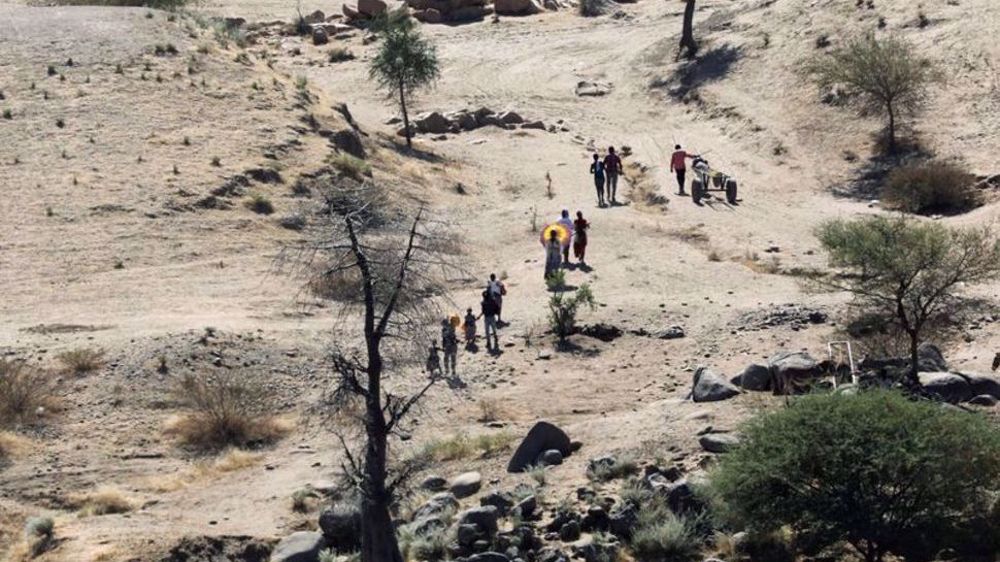


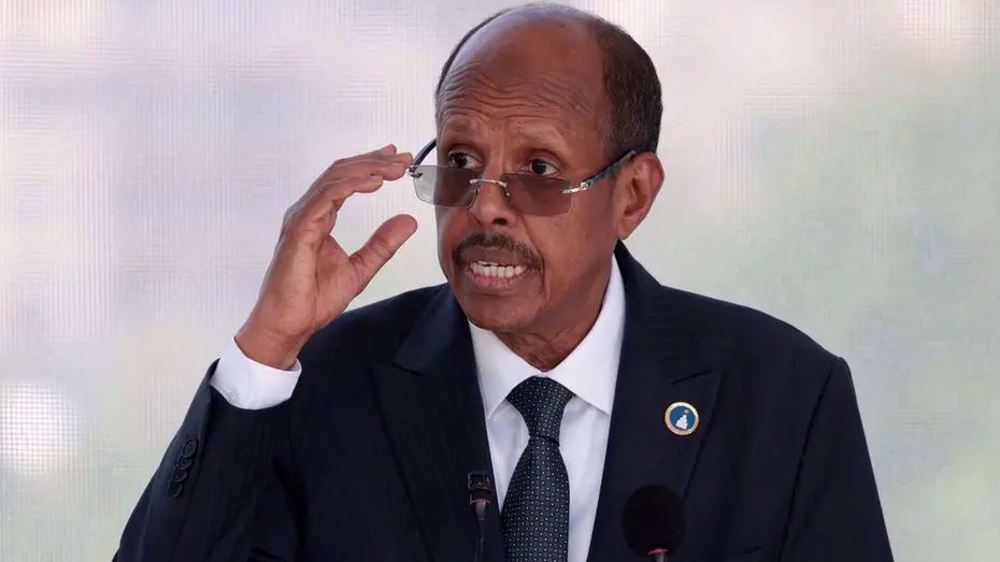





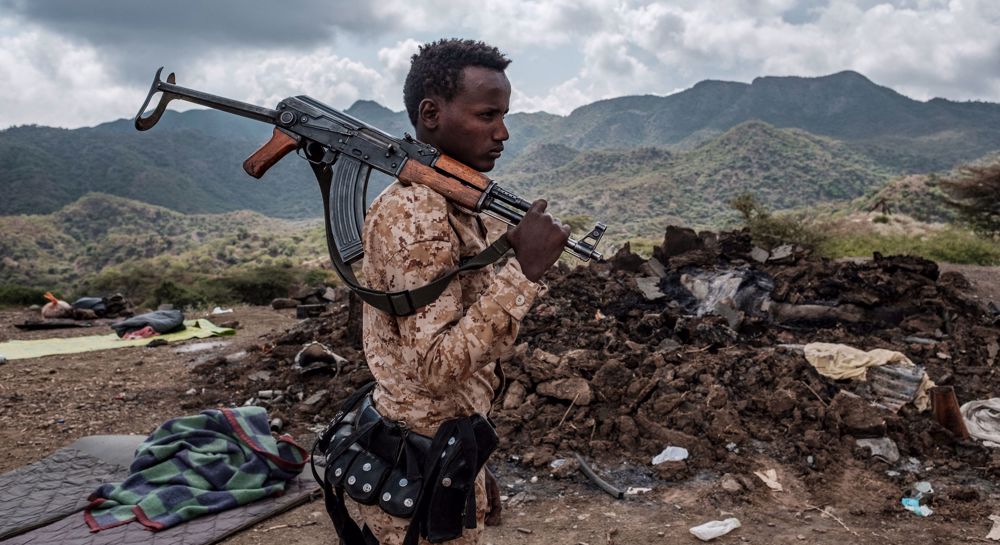
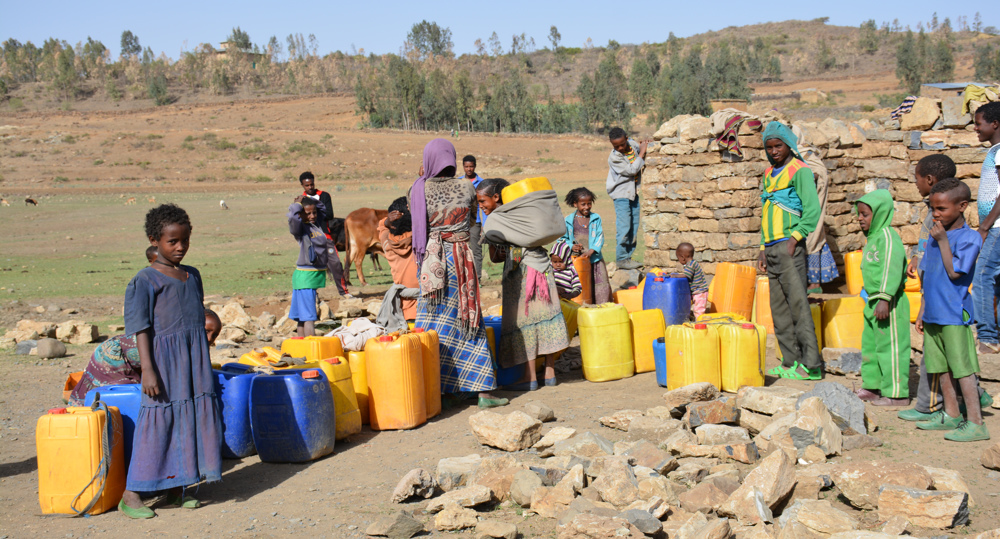
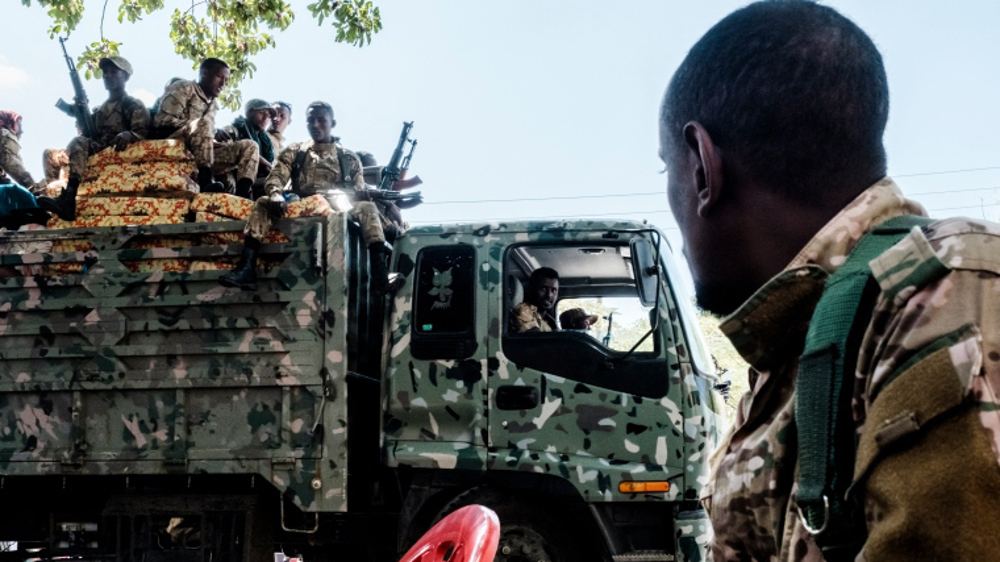

 This makes it easy to access the Press TV website
This makes it easy to access the Press TV website